Marcus Richardson, AKA Bubbleman, is founder of Fresh Headies Ltd. — the international distributor of the acclaimed Bubble Bag, which both popularized and revolutionized the eight-bag hash making technique. He is also the creator of Hash Church, a growing and successful online community of hash makers and enthusiasts. Bubbleman recently joined our podcast host Shango Los to discuss his experience breaking open the international hash market in 1999 with the help of the Internet, as well as his role as a globally-recognized cannabis educator.
Subscribe to the Ganjapreneur podcast on iTunes, Stitcher, SoundCloud or Google Play.
Listen to the podcast
Read the transcript
Shango Los: Hi there and welcome to the Ganjapreneur.com podcast. I am your host, Shango Los. The Ganjapreneur.com podcast gives us an opportunity to speak directly to entrepreneurs, cannabis growers, product developers, and cannabis medicine researchers, all focused on making the most of cannabis normalization. As your host, I do my best to bring you original cannabis industry ideas that will ignite your own entrepreneurial spark and give you actionable information to improve your business strategy and improve your health and the health of cannabis patients everywhere.
Today my guest is Marcus Richardson, also known as Bubbleman. Marcus has been a globally influential cannabis educator since 1993. He is founder of Fresh Headies Ltd., which popularized the eight-bag hash making technique. His Bubble Bags have become the industry standard of excellence. He is also founder of Hash Church, the wildly successful online hangout of global hash makers. Over the course of the show today, we will also learn about his new inspiring projects. Thanks for being on the show, Marcus.
Bubbleman: Hey, thanks for having me.
Shango Los: Marcus, let’s start at the very beginning. A lot of our people who are listening are brand new entrepreneurs, and your hash making bags are world-famous now, but there was a day before your name was synonymous with artisan hash making. Will you tell us a little bit about the early days and prototyping your bags?
Bubbleman: Yeah. It came to me around 1998. I had some life-changing events that occurred to me and I was looking to do something different in my life. I had heard about this methodology that was being used in Amsterdam with a two-bag system, and I thought it had been out for a year or two. It had actually only been out a month or two. It was a set of bags called the Ice-o-lator bags, and I was very interested in being a distributor for this company. I went to Amsterdam, I met with the company’s owner, we didn’t really hit it off that well, and it seemed like for whatever reason, it wasn’t meant to be for me to represent the Ice-o-lator company. I came back to Canada somewhat distraught, somewhat upset about the idea of maybe being able to be a distributor for this great company. My wife, in a moment of clarity, said to me, “Why don’t we make our own? Why don’t we make our own bags?” That started us down this roll.
I had no interest in making my own bags, there was already bags that were available. Right off the bat, from my perspective and the way I think, I thought, “Well, if I’m gonna do a product that already exists, I’m at least going to try and make it a better product.” That was the mission statement of Bubble Bags and Fresh Headies from day one, that we would not ever get happy with any level, we would constantly try to strive for a better quality and a better, more efficient tool. The Bubble Bags were basically born out of that moment. It’s been a long 17 years since that day, and a lot of ups and down since that day, but it was really in that moment of my wife saying, “Why don’t we sew our own?” that really brought Bubble Bags and Fresh Headies, birthed that company into existence.
Shango Los: It’s funny how moments like that can be the coin that everything turns on. You’re right, your bags, they continually increase in quality. I bought my first pair of bags just off eBay and then my buddy came over and he brought a set of your bags, and my bags just so paled in comparison. Yours were burly and ready to be used for 10 years in comparison.
Bubbleman: Yeah, it’s a pretty simple thing. It’s not rocket science, sewing nylon bags to screen bottoms. It’s just about trying to find who else is researching using parachute thread that can be exposed to water over and over and not degrade, who else is buying the highest-grade Swiss screen, not buying any screen in Asia at all, but flying the screen that you purchased in Switzerland, which is a very high-grade screen, they make quality product there, flying that to Nepal where my partner lives and manufactures. We choose Nepal because he’s married to a Nepali woman and has four Nepali children and lives in the Nepali community, and we feel good about the relationship we have with Nepal, and that great sewing, great material, super simple.
Then after that, what do you add on? You add on really good customer service, take care of your customers, make sure you warranty things, make sure because they paid a good dollar for it, make sure that it lasts as long as it’s supposed to last. That’s been the bread and butter of our company for the last almost 20 years.
Shango Los: That’s awesome too when you get the added kudos of being able to put some money into the local economy there in Nepal. A lot of new entrepreneurs, they’ve got their new product, and they’re working their straight job, and they’re also doing their entrepreneurial thing, and then suddenly there’s a tipping point where they’re like, “Oh my god, this might actually happen.” What do you think was the tipping point where you went from trying to just sell some bags to knowing that you had a proof of concept that your bags were taking off?
Bubbleman: I was very lucky in the sense that I started in 1999. My company was born really in March of 1999 and we started selling our bags that month. What happened in 1999 was the internet had gotten to a point where cannabis sites, such as Cannabis World, Cannabis Culture, CannabisOvergrow.com, these sites were building large groups of people. Thousands of people, for the first time, were gathering on websites where people were talking about these things that were very secretive for the many, many years, decades prior, with the combination of digital photography becoming to a point where it was realistic to get a really nice camera, a digital camera, and be able to take these photos and then share it instantly. That was the combination of being able to make our own bags, have that internet presence, which was the birth of Bubbleman, and have that presence of the camera, which was the birth of my photography.
I always understood the relationship and the importance of showing the people what I made. When I first posted water hash online, many, many people thought that it was fake and they just … I’ll never forget the one guy saying that it looked like Mr. Whippy, with Mr. Whippy mouse shit. These were the things I was having to deal with, being called a fake and a charlatan, and because it was so new, people wouldn’t even accept that it was real.
That took a few years, but from the time we started until today, the business has just continued to grow and expand. It was very noticeable in the first two years when I was going to the shipping place and shipping was costing me over $1,000 each day. It was noticeable that this business was growing and it was going to soon grow outside of my home and outside of my abilities to take care of all the different components. That’s a really important part for a businessman to recognize when he has the opportunity to jump to the next level. It involves building a team and not doing things by yourself, which got you to where you are at that point.
Shango Los: Bless the internet, as an entrepreneur, because you can thin-slice the whole world. If you’re in Vancouver, Canada, and if you were making these bags and having to sell them locally and then some mail order, that is so much more difficult than doing some stuff online, reaching the whole world, and then suddenly you’ve got this huge market. Entrepreneurs now have really got an advantage over anybody who is trying to do anything before ’98.
Bubbleman: Keep in mind, the way my product works is very unique, and I set it up like this as well, that I wanted the end user to produce the most benefit from the product, so the manufacturer gets a little bit and the distributor gets a little bit and I get a little bit, and the wholesaler and the retailer, but who really benefits from Bubble Bags is the end user. They get more than everybody, and that’s a system that you can count on.
If it works like that, that the end user is the one who is benefiting from the bags the most, because the bags are impossible not to benefit, unless you put them under your bed and you don’t use them, but if you start producing your own medicine from them or you start producing a business brand or a concept that you’re going to start selling hash on the market, these are all business opportunities that you’ve given to yourself by simply buying a tool, quite different from buying something fancy, like a glass pipe, that most likely won’t pay you back the same way.
Shango Los: Another thing that’s great about them is the concept is so simple, that you can make mediocre hash and you can make incredible hash, but you don’t really ever make bad hash with the bags. They’re idiot-proof like that. I think that’s partly why, that and the quality, why your customers become so … Talk about word-of-mouth marketing. Everybody’s excited and they all become fans and evangelists for your product.
Bubbleman: It also educates them. Using these products and extracting and isolating and getting into the macro photography that I do, it starts educating them as to what is there. Most people didn’t know what types of trichomes there were and what cannabinoids were present in which trichome heads and what kind of terpene profiles were produced and all of these different things. Through the macro photography, which was … It’s very important that I mention the macro photography because it is one of the major important hinges that the success of this company has sat on. It’s been very important for the photos to represent in a quality the same way what the product itself makes. I always want the bar to be set so high that there’s an actual wow factor.
Shango Los: We are going to talk a little bit more, actually a lot more, about your education and the different ways you do that after the break. We’re going to take a break now. You are listening to the Ganjapreneur.com podcast.
Welcome back. You are listening to the Ganjapreneur.com podcast. I am your host, Shango Los. Our guest this week is Marcus Richardson, also known as Bubbleman, founder of Bubble Bags and Hash Church. Before the break, we were talking about all the various ways that you enjoy education and outreach to people. One of the biggest ways that you’ve done that is on YouTube. You are absolutely a forerunner of using YouTube to educate the masses. The thing that I first wondered from being an early fan of watching those videos is, were you concerned in the early days that you might somehow get in trouble teaching people globally how to make hash at home?
Bubbleman: I guess there was a small concern. My history is that I had just finished convincing my government, with a small group of partners, to start producing and growing hemp legally for the first time in 73 years. We did that in Manitoba. My ex-partners actually just sold that company for $133.5 million, which was called Manitoba Harvest, one of the first big-sale hemp companies that happened out there. This is a company that, pre that company, it was the activities that we did in Manitoba and convincing our government to get this plant growing.
As a Canadian, okay, I’m not going to lie, when Marc Emery got arrested by the DEA, and they came here and they arrested him and my two other friends, Michelle Rainey and Greg Williams, it freaked us out and it put a little bit of fear into us. We never really thought that it was something that was possible before. I did hold back a little bit at that point in time. Once I received my federal license to grow and process and smoke and use cannabis medicinally, my whole perspective really changed.
That’s the real important thing that people should understand, that prohibition is just a perspective that’s been put upon you, and that’s why a lot of people look at it as a negative, particularly on a federal level. Suddenly now, it’s actually something that’s respected, and you could mention it at a dinner table at a nice dinner and people wouldn’t gasp, whereas they were gasping before. It was the black sheep in the family that was talking about the Compassion Club herb that they were growing in the late ’90s or whatever, which is what I was doing in the late ’90s.
It’s an interesting transition that you’re seeing. It’s almost as though they’re allowing it to happen now. It’s being allowed to happen. Even the mainstream media doesn’t pump the same level of brainwashed news stories. They’re really putting out some quality stories showing the benefits of using cannabis medicinally, and even states that are allowing it recreationally. Who would’ve ever thought we would see the day?
Shango Los: Amen. So many of my older grower friends, they’re like, “I’m just glad I lived long enough to see this, and so that we could all trade seeds and clones out in the open,” because they’re all dealing with so many more strains than they’ve ever had a chance to their whole lives, and they’re just thrilled.
Bubbleman: It’s like Hash Church. Because we’re not afraid, because we gather every week, and because we open up a dialogue and we allow everyone to be a part of that dialogue, it becomes this form of radical openness that occurs, and the ideas start having more ideas themselves. They get together with ideas and those ideas spawn into ideas, and the way that the dialogue is moving the industry forward is a big part of that normalization. That’s one of the things I wanted Hash Church to do is to help normalize the use of cannabis in all levels.
Shango Los: You started Hash Church as an online hangout for you and several other international hash makers, and then it streams live so anybody can watch the three-to-four-hour program, and it grew really fast, and now there’s often over 1,000 viewers watching live, and then many thousands more watching the recording on YouTube. Was this explosion part of your plan from the beginning or was this all a happy accident?
Bubbleman: It’s when you’re manifesting your realities, they’ll often arrive in the form of an obstacle rather than an opportunity, so I usually see opportunities in the form of obstacles. I was building my YouTube, I was doing all these videos, I didn’t really understand why I was doing it. I wasn’t avidly promoting my company in the videos, I wasn’t avidly selling my products in the videos, because I have this integrity that I just don’t want to be shameless about things, I want to be honest and transparent and I want to share and I want to educate, and I wasn’t able to do that with flinging my product, so to speak.
When it grew and grew and grew to a point where I was getting many thousands of subscribers each month and many, many millions of minutes being listened to each month, we’re up to about 4,000,000 minutes that that channel gets viewed every month, I finally just thought, “Do you do a bunch of more self-interest stuff or do you try to translate the traction that you’ve built into something that is good for everyone?”
I started, as a total fluke, YouTube sent me an email that said, “Hey, your channel is now … ” When you build a channel and you acquire milestones of that channel, YouTube will send you little things saying, “Look, you can now do this. You can now do this, because you’ve reached this milestone.” They sent me the milestone saying that I could stream. I didn’t really have any idea what it was, but I set it all up and I called it Hash Church on a whim. It was a Sunday morning. I hit record and I invited strangers in right from my Facebook link, and soon, within I’d say three or four episodes, it turned into …
The thing that was exciting about it was the people who knew their shit, “Are you able to articulate intelligently your education, what you’re sharing here, the information that you’ve come to share with us?” I started finding people like that that I realized were really just my friends from being in this industry for so long, and people were receptive to it. They were like, “Are you kidding me? This is the the most incredible panel ever, and it’s just for free on my computer on Sunday morning or any other day of the week.”
There is an integrity, we don’t want to ruin Hash Church by squeezing the blood out of it. I think it’s important for entrepreneurs to understand that not everything is about making money, and sometimes that you’ll create things that it’s very important that you don’t muddy the waters. It was a beautiful quote from Dr. David Suzuki, who told me years ago, when I first got into the TV business doing my show, The Nature of Things. I thought that I was going to be a gem on television, and then I realized as I jumped into the cesspool that everything quickly takes on the appearance of the cesspool, even the gems.
I took that to heart and I made sure that we don’t accept sponsorship for our show, we don’t promote anyone’s company, there’s no special interests in the show, and I think that’s one of the magics that keeps it of value to people.
Shango Los: It’s so unpolished, I dare say. It really feels like you’re hanging out with whoever happens to be logged in, kicking it in your living room. You can see everybody’s rigs or bongs or whatever. People are politely waiting to take their turn to talk.
Then the beauty of it, from my perspective, is that you’re taking the magazines out of the middle. It’s not about a magazine interviewing the hash maker and then translating it for the reader. You’re actually hearing it from the artisan themselves, and the information is so much more rich and the education is there, and somebody else on the panel is going to ask a followup question and it’s probably the one that you wanted to ask.
Bubbleman: It really goes so much deeper than just the hash makers. We’ve got the historians like Chris Bennett and Rob Clark, the ethnobotanists, Rob Clark and Mel Frank, and Tom Alexander from Sinsemilla Tips has been on. We’ve had Lester Grinspoon, Dr. Lester Grinspoon on on a few occasions, and some really incredible guests that come from all sorts of different angles of this. We’ve had incredible patient stories that had the entire panel sucking back tears the entire time because the stories are just so, so heartwarming and incredible towards the positivity of cannabis being used as a medicine.
Shango Los: I shared a BnB with Robert Clark down at Emerald Cup this year, and Hash Church came up, and you should’ve seen the huge smile on his face, he’s like, “I love that new stuff!”
Bubbleman: Yeah, Rob’s great. I’ve been friends with Rob for about 20 years and been lucky enough to spend a lot of time with him in a variety of different countries, and I definitely see him as a mentor. For those of you that don’t know him, definitely get on the … You want to access and get into the cannabis industry doing your research through someone as passionate as Rob Clark. Cannabis Evolution, Marijuana Botany, Hashish, those are just three books right off the start that you should start reading.
Shango Los: If you want an easy entrée into his work, go into YouTube and search “Robert Clark Cannabis Taxonomy” and listen to his couple-part series on the new taxonomy beyond indica sativa. It’ll blow your mind. Hey, we need to take another short break. When we get back, we’re going to talk about a couple of your new projects that is stoking people out. You are listening to the Ganjapreneur.com podcast.
Welcome back. You are listening to the Ganjapreneur.com podcast. I am your host, Shango Los. Our guest this week is Marcus Richardson, also known as Bubbleman, founder of Bubble Bags and Hash Church. Marcus, we were talking earlier about some of the exciting new things that you’re up to, and I want to talk about two of them. The first one is that I understand that your company, Cannabinoid Research and Development, is in line to secure a license to grow and process cannabis in Jamaica. That’s so freaking exciting. What role will you be playing?
Bubbleman: I wear a few hats in this. The company is, obviously I’m partnered up with a couple of local Canadians and then some Jamaicans as well. That company together is partnered with United Cannabis out of the United States. We’ve got some really wonderful plans. They have some beautiful products called Prana that they’ve been operating for many years now. They used to own River Rock in Colorado and they did a lot of wonderful collecting of information through patients and trials of the Prana.
Basically now we want to be able to test the efficacy and the safety of those products, sublingual drops, activated and non-activated in different variations of THC and CBD and all the lovely cannabinoids. We’re very excited to do breeding projects down there, breed back the lion into the jungle, the strong landrace strains that belong there, and to process the resin. I’m definitely, my main hat will be processing the resin for the company.
Shango Los: I love the idea of bringing the lion back into the jungle. I got to say, just from a cannabis fandom thing, it must be really exhilarating to realize that you are going to be producing in Jamaica and also be able to write that off as expenses, going to Jamaica.
Bubbleman: Yeah, I’ve had a relationship with Jamaica since ’95 when I was married there. Just doing the Cannabis Cup there this last March was just incredible. I look forward to an amazing future in Jamaica.
Shango Los: Let’s talk about another one of your projects that I’m excited about. I just learned recently that Harborside Dispensary is bringing your Bubble brand hash to the market here in the U.S. I learned about this on Tony Verzura’s Facebook page. He was recently evangelizing about this hash. He was saying that it’s going to be untrimmed nugs, professionally cured, rinsed, washed with water and ice in Bubble Bags, then stored cryogenically, freeze-dried, vac-cured, then the cultivar terps are restored back into it, and then the whole thing is going to be rosin-pressed into a stable product. That’s crazy, super premium stuff.
Bubbleman: That’s just one of the products that we’re going to be making, so yeah, we’re very excited. The Bubbleman brand is almost 20 years old, I’ve never sold a product like that. I’ve only taught people how to make it. I’ve taught countless people how to start companies and sell these very products, but this is the first time I’m entering the market. We’re choosing to do it through Harborside, through the partnership there with Harborside and United Cannabis, that’s who I’ve signed my brand with. Tony is one of the very few people down there that I can trust that is able to hold the bar as high as it needs to be held for the brand. We’re very excited about the Bubbleman brand dropping this month at Harborside. You can go see Tony at the Cannabis Cup in San Bernardino this upcoming weekend, there at the end of January, the next weekend.
Shango Los: Yeah. Let’s plug Tony while we’re at it. Anybody who gets an opportunity to either hear Tony speak or visit a booth that he’s at, absolutely do it. The kind of demonstrations that he was doing at Emerald Cup were just bad-ass. You could barely get into the booth. People were bringing him slabs of hash. Then he was taking his terps, and for anybody who isn’t familiar with this, what he does is he extracts full terpene profiles from popular cannabis strains like say, Gorilla Glue, and then he puts it into a small little jar, and then you bring him a slab and he’ll paint the terp profile onto it, and your mediocre slab has just been turned into the best dabs that you’ve ever tasted. It was Eric Brandstad from Forever Flowering who turned me on to it. It is totally next level.
Bubbleman: It is next level. That’s one of the co-labs that we’re going to do with the Bubbleman brand is the Blue River Bubbleman terp rosin, the terp Bubble hash, the terp sift, because anyone that’s ever tried it, it modulates the effects of the cannabinoids to such a degree, it uplifts so much that it’s just hard not to want to add it each and every time.
Shango Los: Marcus, winding down here, we got about a minute left, you are a hero to lots of people all over the world, and I want to take a chance to ask you, what words of advice do you have to offer cannabis enthusiasts who want to pursue cannabis production and education as a career? You’re 20+ years into this. If distilling it down, what would you give them as a nugget of your experience that will help them along the way?
Bubbleman: If you have a passion, obviously following that passion is the most important key thing. Sometimes I think people are good at certain things but they’re not excited about those certain things that they’re good at because they don’t see how it might fit into the cannabis-based world. Suddenly, someone might not be very excited to work in an apple orchard, but that same person would be very excited to work in a licensed production facility growing half a million plants. I tell people that if you are good at something and it can be somehow worked into the cannabis industry, then obviously follow that path. Otherwise, like a lot of us have done for many, many, many years is straight up follow the passion. For me, it was the passion for the hashing.
Shango Los: That is a great note to end on. Marcus, thank you so much for being on the show.
Bubbleman: Thanks for having me, Shango.
Shango Los: You can find out more about Bubbleman at his website, FreshHeadies.com. You can tune in to Hash Church on his Bubbleman’s World YouTube channel on Sunday mornings, and you can also watch it recorded there. Finally, you can enjoy his incredible photography on Instagram at BCBubbleman.
You can find more episodes of the Ganjapreneur podcast in the podcast section at Ganjapreneur.com and in the Apple iTunes Store. On the Ganjapreneur.com website, you will find the latest cannabis news, product reviews, and cannabis jobs updated daily, along with transcriptions of this podcast. You can also download the Ganjapreneur.com app in iTunes and Google Play. You can also find this show on the iHeartRadio network app, bringing the Ganjapreneur podcast to 60,000,000 mobile devices. Do you have a company that wants to reach our national audience of cannabis enthusiasts? Email Grow@Ganjapreneur.com to find out how. Thanks to Brasco for producing our show, as always. I am your host, Shango Los.
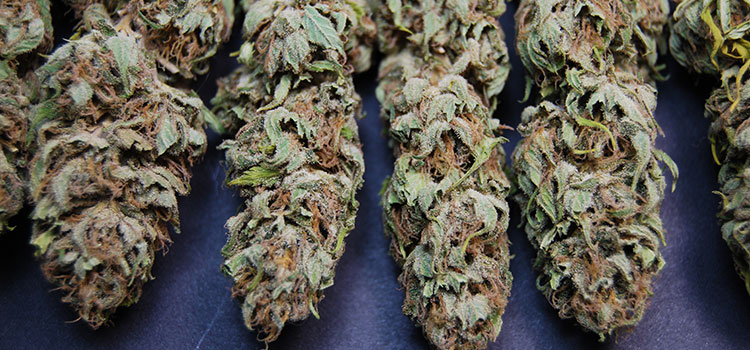
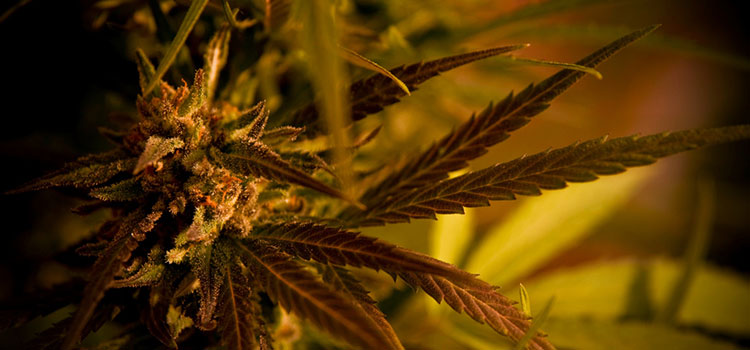



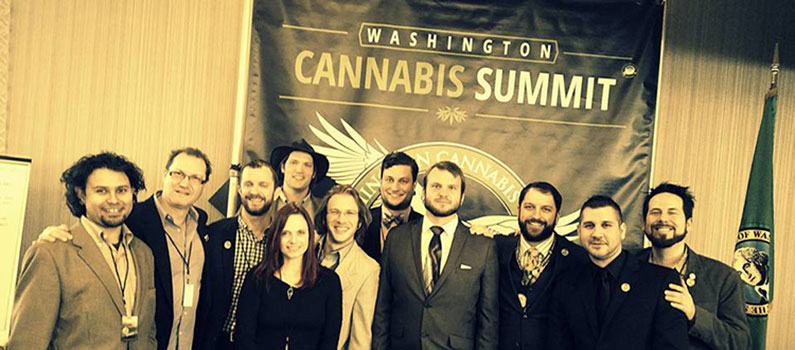
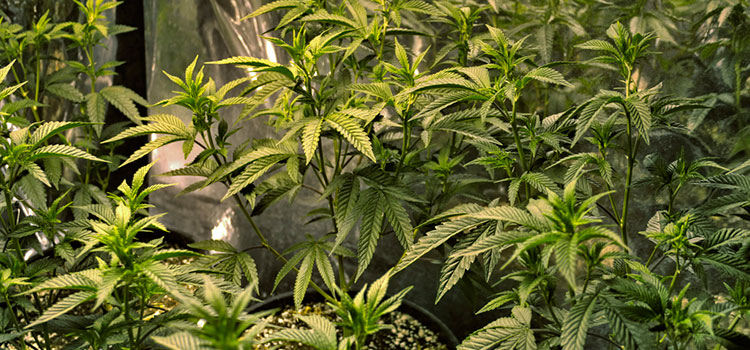
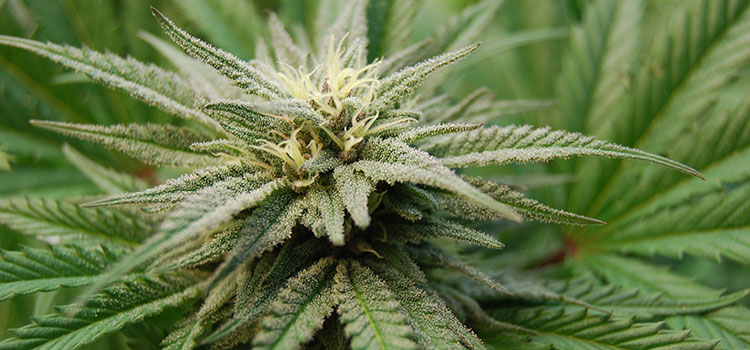





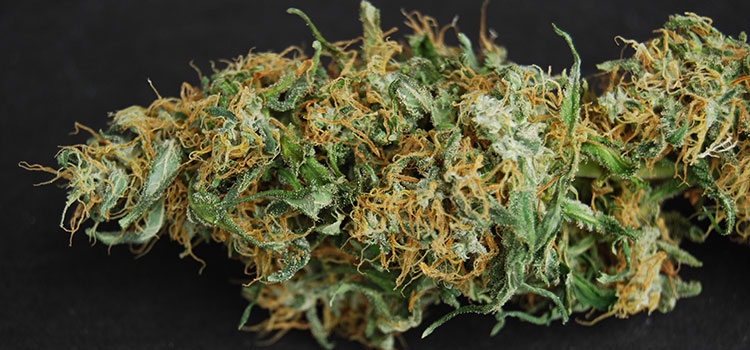
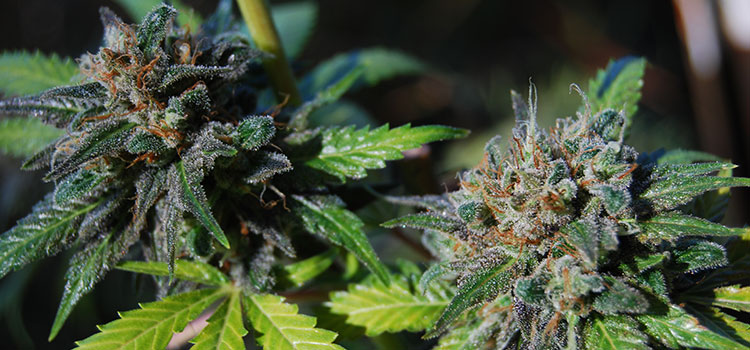

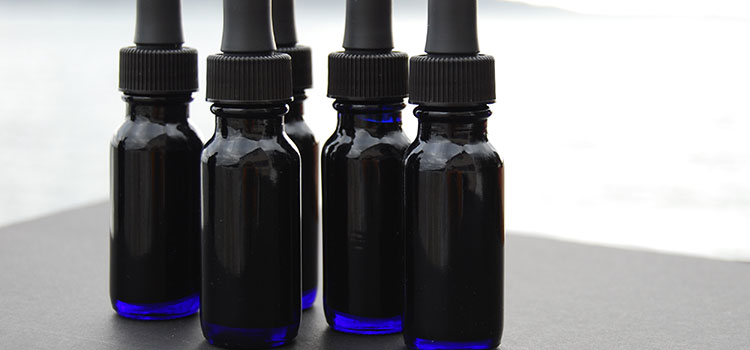


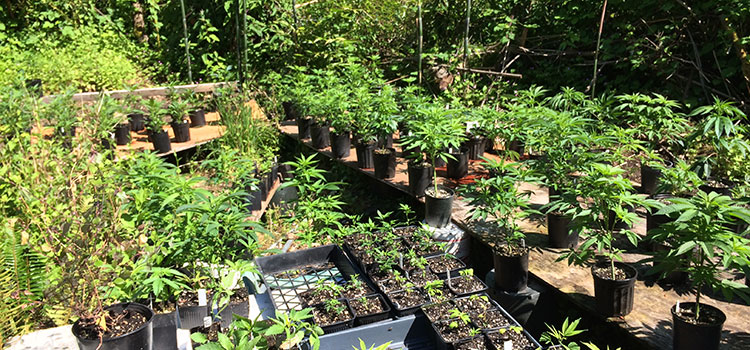

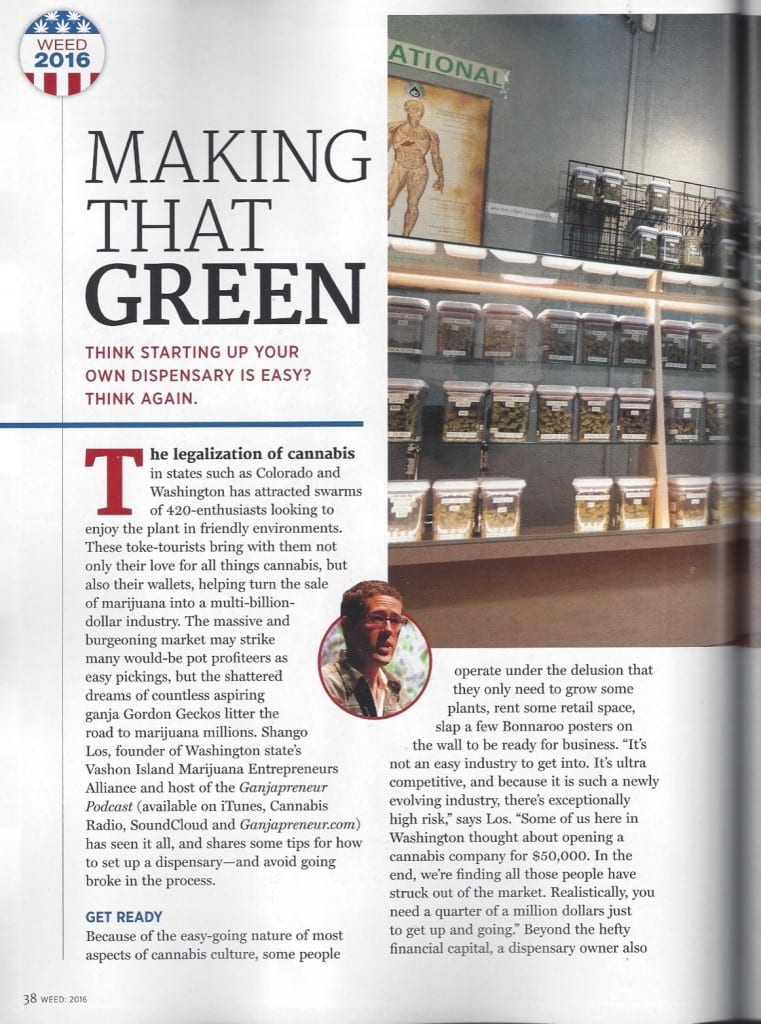
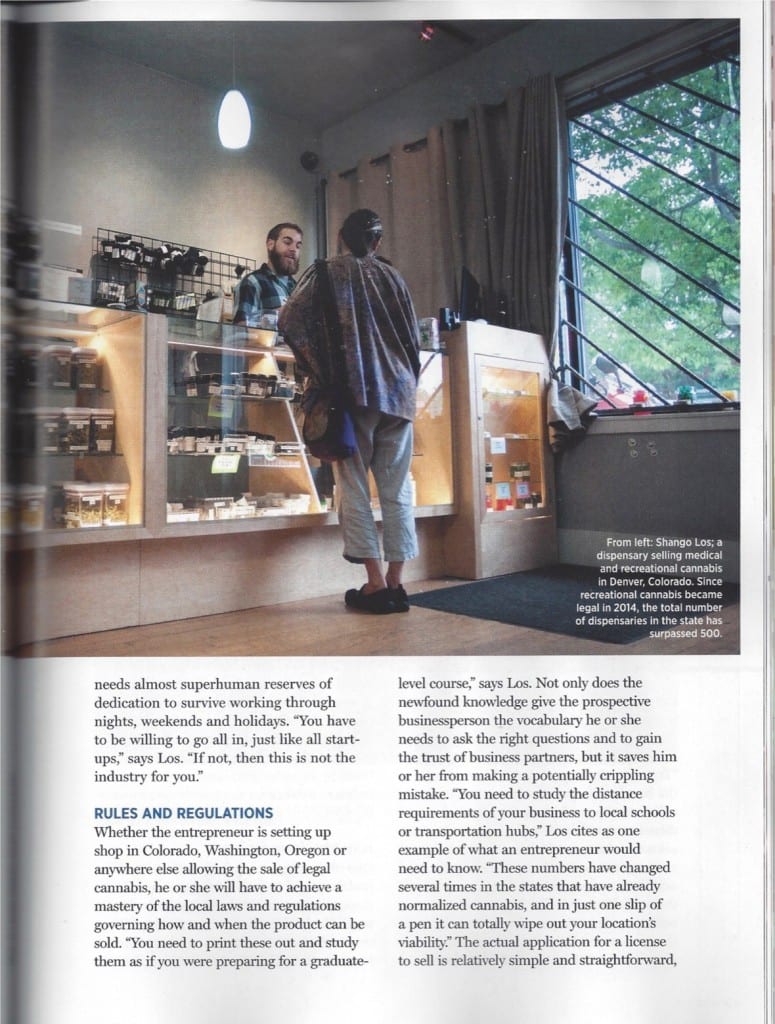

 When she launched
When she launched 
